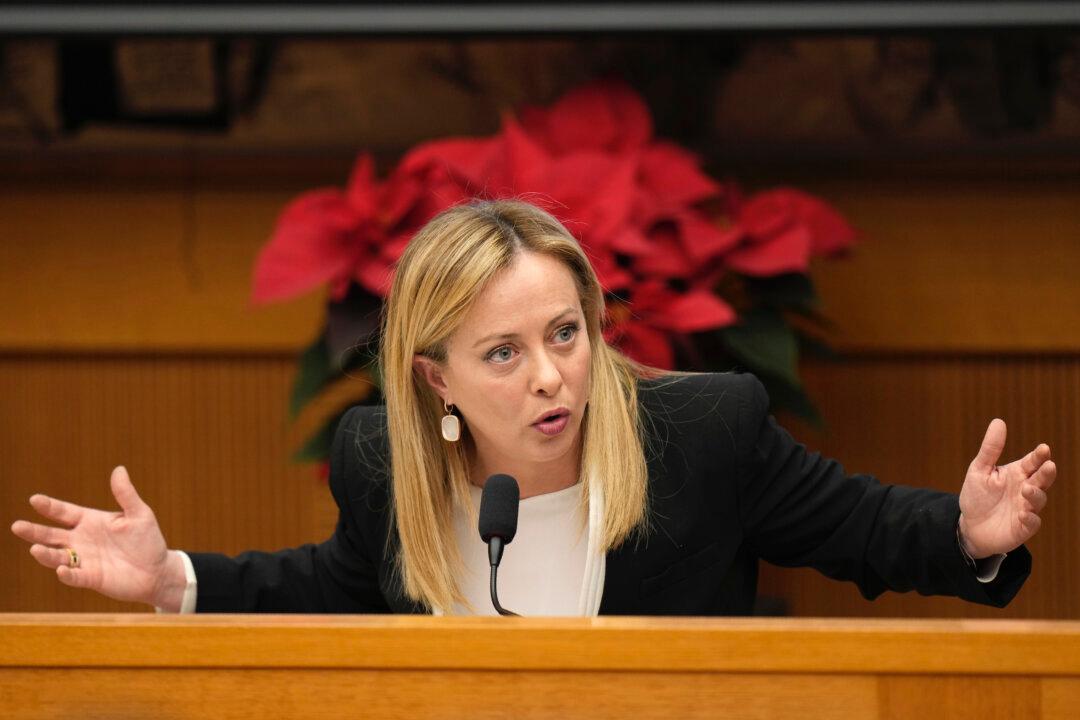When Milan started testing arrivals from China for COVID amid the country’s explosive virus spread, it found that about half of the travelers on two flights had the virus.
That prompted Italy, the first European country to be hit hard by the pandemic in 2020, to impose mandatory COVID testing on all passengers from China and sequence the Milan tests to screen for possible new variants.





